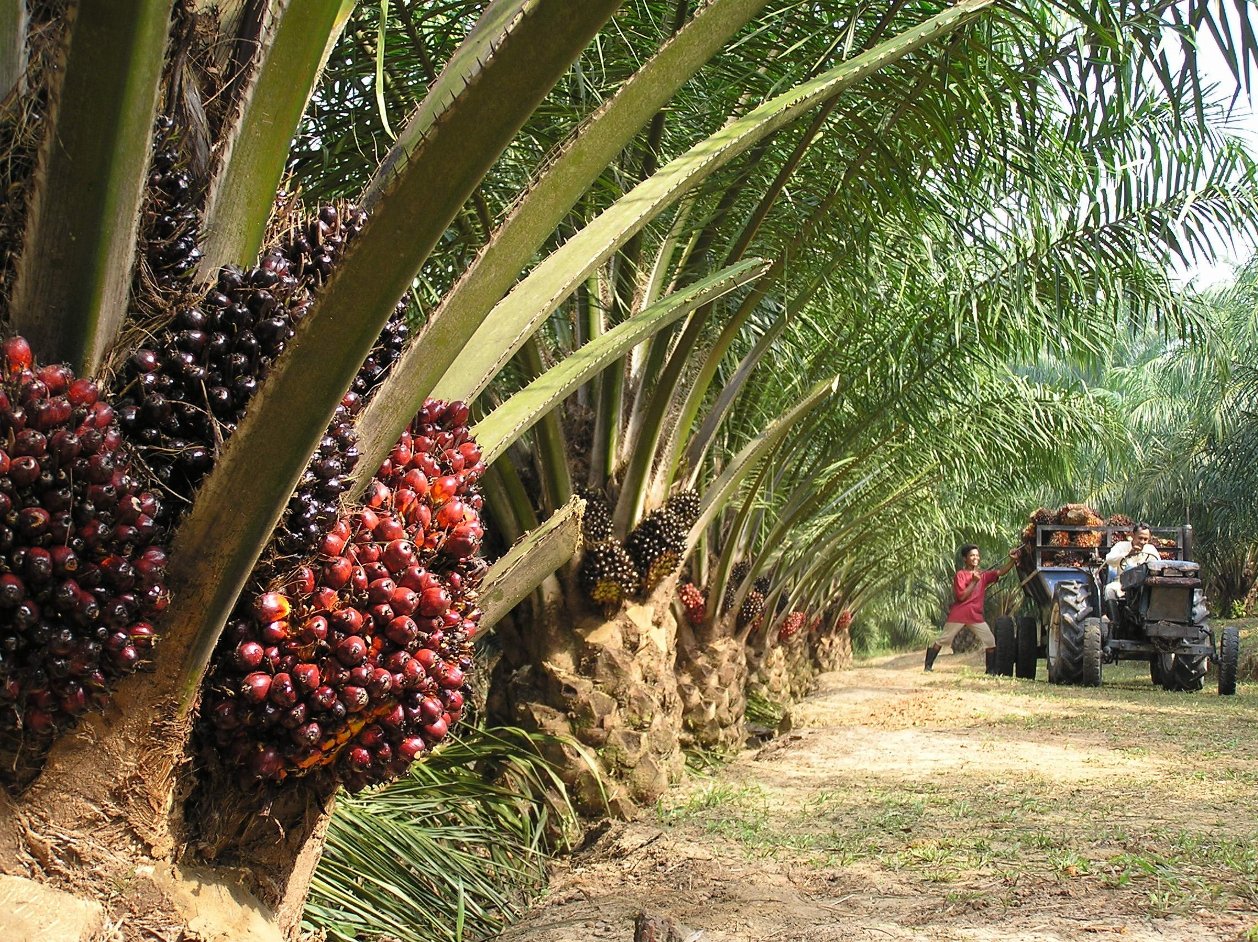An Agriculture entrepreneur, Mr Dapo Awofisayo, on Thursday urged the Federal Government to utilise opportunities emanating from the agriculture sector amid the COVID-19 pandemic.
Awofisayo, an Executive Director, Ore-Irele Oil Palm Co., in Ondo State, told the News Agency of Nigeria (NAN) in Lagos that the coronavirus had not affected the Crude Palm Oil (CPO) sector.
According to him, the demand for the product remains high in spite of the ravaging pandemic.
He said that the virus had, instead, created opportunities that would translate to growing the local production since the importation of the commodity and other agricultural products had reduced significantly.
READ ALSO: Malaysia To Allow Some Mosques To Reopen For Friday Prayers
“If anything, coronavirus has helped the sector with reduced shipping operations by companies, which means importation of palm oil is reduced.
“Food is essential, and prior to the lockdown, many people went to stock up on food and one in two households use palm oil to cook or eat a product of oil Palm.
“So, the demand for the product remained consistent while exposing the opportunities innate to grow local production of oil Palm, which is below the country’s annual demand,’’ he said.
The entrepreneur told NAN that the country’s annual oil demand currently stood at about two million metric tons, while “the production capacity is below 800,000 tons’’.
Awofisayo decried the production pace of oil Palm against the high demand in the manufacturing sector that needed the commodity.
He said that about 90 per cent of produced palm oil was consumed as food and a little above 10 per cent goes to manufacturing companies.
“Local production of palm oil is below one million tons annually and the consumption demand is about two million tons, if not more considering the growing population.
“As manufacturing companies require oil Palm when they expand production, their requirement for palm oil increases.
“However, the production of palm oil is not growing at the same pace as the demand; hence, the gap.
“That is why we urge the government to upscale its efforts to increase local production, especially with regards to setting up milling plants, farmlands and providing hybrid seeds.
“Routing agricultural funds through commercial banks had, in the past done more harm than good.
“We cannot trust them (banks) to solve the challenge in the sector,’’ he said.
According to Awofisayo, the border closure by President Muhammadu Buhari in August 2019, also impacted positively on local palm oil production more than the restricted access to forex for palm oil imports had.
“When the government placed oil palm on the list of banned items to access forex, we didn’t feel the immediate impact because people found ways to get their dollars.
“So, palm oil was still finding its way into the country regardless.
“The forex restriction is one policy and the border closure is another policy.
“The border closure led to a 30 per cent increase in palm oil price immediately because a lot of people were smuggling palm oil into the country from neighbouring countries.
“So, after a while, the border closure immediately dried up the market, especially for smuggled oil Palm and then increased the local price of palm oil by between 30 per cent and 40 per cent.
“Obviously, all players in the sector benefited from that and brought oil Palm to its real status because we cannot compete with smuggled palm oil.’’
Awofisayo also called on the government to address the issue of multiple taxations, saying that “it is hindering the development of the sector and scaring away youths from venturing into the agriculture space’’.
NAN reports that Nigeria used to be the highest producer of palm oil in the 1960s and 1970s, but eventually lost its place and now currently holds the fifth position globally.

